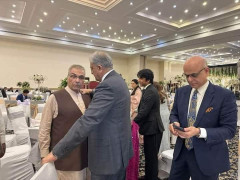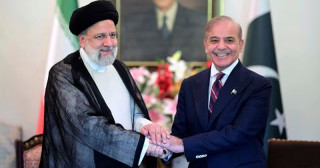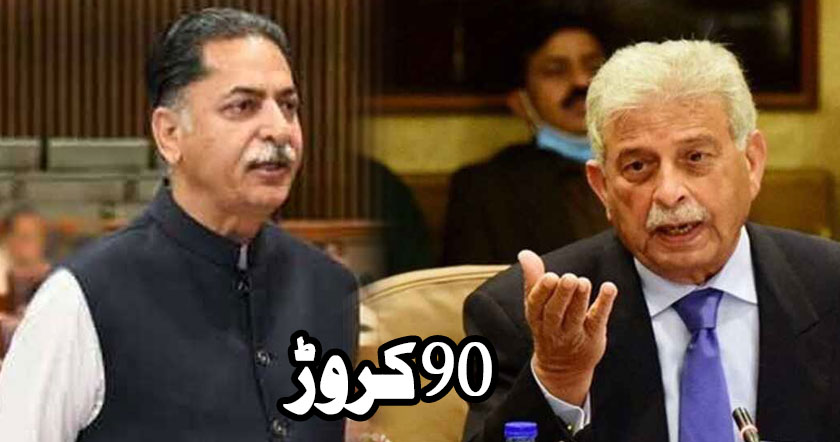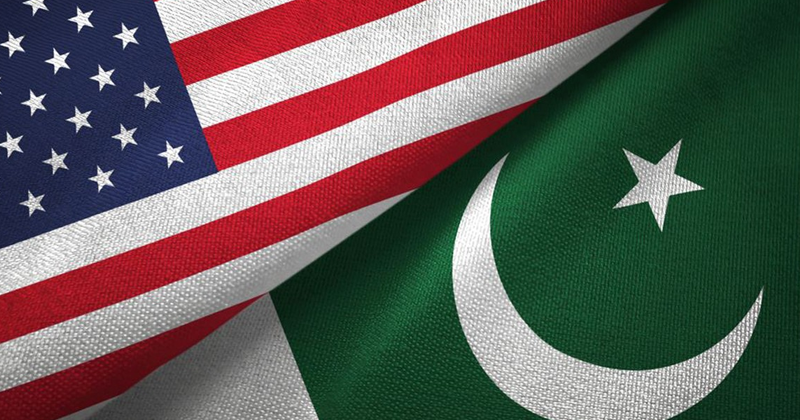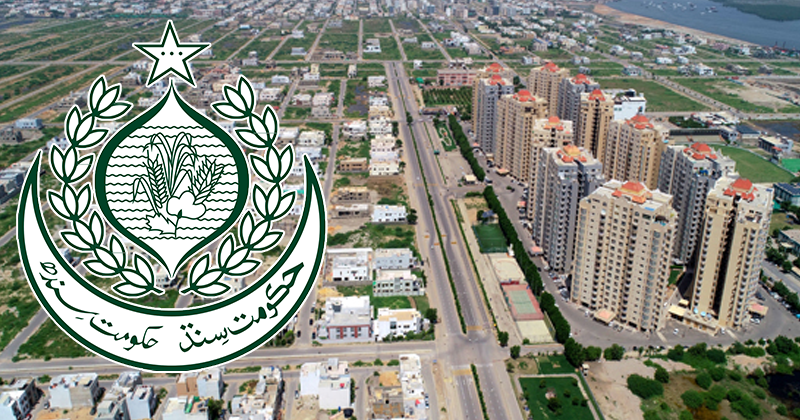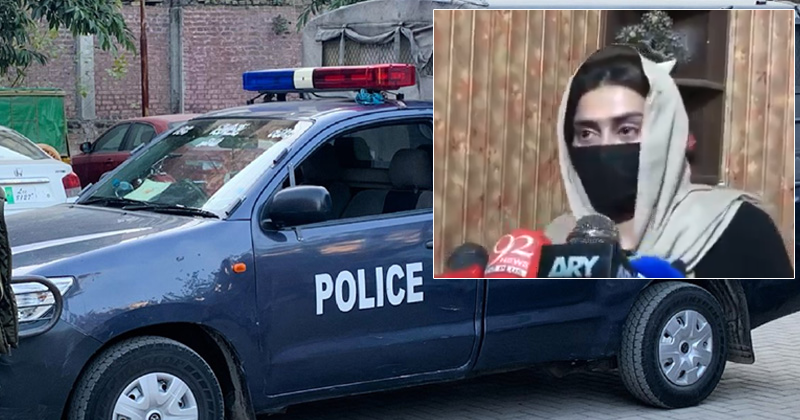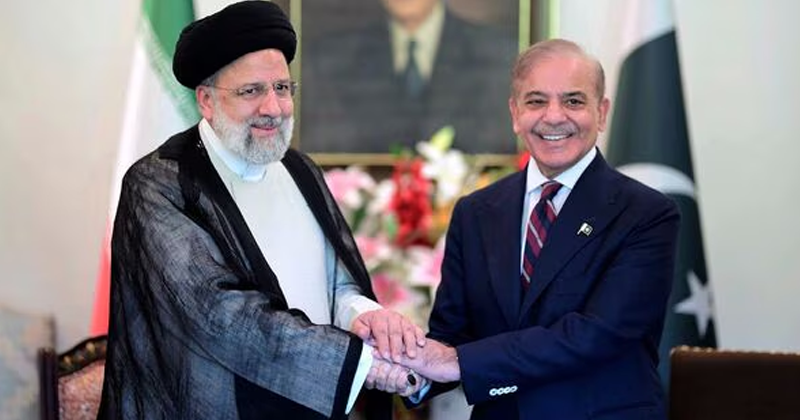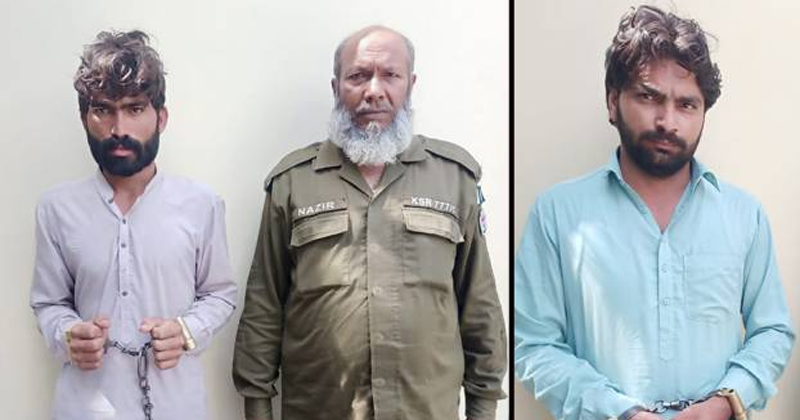Operations, IDPs and lessons unlearnt
By Rustam Shah Mohmand
Published: June 28, 2014
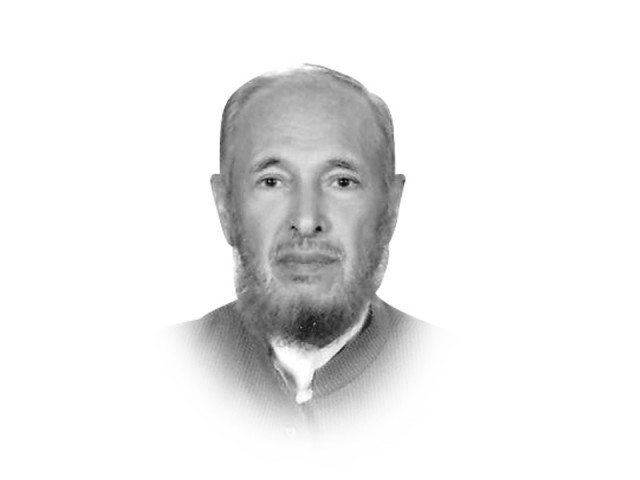 The writer has served as ambassador to Afghanistan and chief secretary of Khyber-Pakhtunkhwa. He had represented the Government of Pakistan in talks with the TTP
The writer has served as ambassador to Afghanistan and chief secretary of Khyber-Pakhtunkhwa. He had represented the Government of Pakistan in talks with the TTP
The North Waziristan operation to drive out militants who have posed a constant threat to the government and its forces had become necessary in the wake of the Karachi airport attacks. But the manner and style of the punitive action has caused many surprises. It was assumed that the government, having kept a close eye on the hideouts and movement of militants for years, would have a good idea of where and how to strike. Since security forces had been deployed in the area for years, it was expected that with close monitoring systems being in place, the administration would know exactly where the militants are dug in and where their retreats are located.
But instead of attacking those positions, the administration ordered all towns — densely populated settlements — to be vacated, forcing hundreds of thousands of civilians to move out — not knowing where they would be headed. This order was preceded by relentless air bombardment and a non-stop curfew on towns and villages in the area. First, the curfew began to take its toll. The civilians who perished in the bombardment by fighter jets had to be buried after funeral prayers. This was not possible because people either did not know who had been killed or could not venture out of their homes to see or confirm the identity of the dead. Second, the restrictions on movement took a toll on children. Some were sick and needed help; others were just thirsty and wanted water. Then when orders came to move out, there was no transport. Desperate and fatigued, the people began to leave and started moving in the direction they were being told to follow. They carried their children in their laps or on shoulders — some were being carried in baskets. There was no time and no stamina to carry any belongings. Some did not have time to collect their cattle either; others could barely hang on to a few animals. Some of those animals died due to suffocation and the heat.
But this was not enough. As they began their journey under the most pitiable conditions — in terribly hot weather — they were being subjected to another humiliation: body searches. So far, eight children and four women have died of the unbearable heat and out of exhaustion.
In fairness to the government, it was not possible to set up relief camps and lay down comprehensive arrangements to look after nearly 200,000 people in a matter of a few days. That obviously would take time. But the operation was planned months in advance andemergency relief measures could have been worked out in anticipation of the exodus. Levelling off the ground, layout of the camps, provision of basic items like tents, water, community toilets, electricity, sewerage/drainage and a kit containing items such as flour, rice, pulses and kerosene, etc. should have been prepared for the displaced families. But that is not our style of management!
Causing the expulsion of the entire population has happened before — in the case of the Swat operation where in a matter of just 30 days, three million people were displaced. The North Waziristan operation has also caused collateral damage in the shape of more than 200,000 people having been displaced initially in a matter of just three days. But this has another ominous dimension: such was the frustration that people by the thousands preferred to go across into an ‘unstable’ country rather than bear the agony and humiliation of living in the tribal areas.
Surely something has gone wrong somewhere. Lack of intelligent anticipation, lack of planning, lack of clarity on whether and how tens of thousands of people would be dislocated in a span of a few days are some of the apparent shortcomings. And above all, no lessons seem to have been learnt from previous such colossal human displacements that we handled in this country in such large numbers.
Fortunately, a focal person of high standing has been chosen to coordinate and handle the assignment of providing relief to the IDPs. Federal Minister General (retd) Abdul Qadir Baloch has impeccable credentials and vast administrative experience, both military and civil, to supervise the work entrusted to him. But he would require full support and cooperation of all layers of the administration, including the military, to enable him to come to the rescue of IDPs.
A centerpiece of the rescue and relief work should be the quickest possible return of the displaced people to their homes. At the same time, arrangements must be in place to ensure that their homes and belongings left behind are not abused or pilfered.
Now that a full-scale operation has been launched, the government must begin to reach out to the main tribes in each tribal agency and solicit their support in dealing with militants and bringing lasting peace to the area. The old systems — time tested and gladly accepted by the tribesmen — were rooted in the culture and societal norms of the tribal area. They delivered. Even when there was an epic struggle for liberation in Afghanistan during the 1980s and as all Afghan warriors used to pass through the tribal area, there were ripples of discontent — what to speak of disorder and militancy in the tribal area. Those systems were destroyed and dismantled when General (retd) Pervez Musharraf plunged the country into the so-called war on terror and sent in, very unwisely, the military into the tribal areas. That was a blunder which would cast its shadow on the area for years to come.
An honest reappraisal of policy and restoration of the systems that worked in the area would resolve not only the current crisis, but would also lay the foundation for durable peace and development in the tribal areas.
Published in The Express Tribune, June 28[SUP]th[/SUP], 2014.
Like Opinion & Editorial on Facebook, follow @ETOpEd on Twitter to receive all updates on all our daily pieces.
By Rustam Shah Mohmand
Published: June 28, 2014
The North Waziristan operation to drive out militants who have posed a constant threat to the government and its forces had become necessary in the wake of the Karachi airport attacks. But the manner and style of the punitive action has caused many surprises. It was assumed that the government, having kept a close eye on the hideouts and movement of militants for years, would have a good idea of where and how to strike. Since security forces had been deployed in the area for years, it was expected that with close monitoring systems being in place, the administration would know exactly where the militants are dug in and where their retreats are located.
But instead of attacking those positions, the administration ordered all towns — densely populated settlements — to be vacated, forcing hundreds of thousands of civilians to move out — not knowing where they would be headed. This order was preceded by relentless air bombardment and a non-stop curfew on towns and villages in the area. First, the curfew began to take its toll. The civilians who perished in the bombardment by fighter jets had to be buried after funeral prayers. This was not possible because people either did not know who had been killed or could not venture out of their homes to see or confirm the identity of the dead. Second, the restrictions on movement took a toll on children. Some were sick and needed help; others were just thirsty and wanted water. Then when orders came to move out, there was no transport. Desperate and fatigued, the people began to leave and started moving in the direction they were being told to follow. They carried their children in their laps or on shoulders — some were being carried in baskets. There was no time and no stamina to carry any belongings. Some did not have time to collect their cattle either; others could barely hang on to a few animals. Some of those animals died due to suffocation and the heat.
But this was not enough. As they began their journey under the most pitiable conditions — in terribly hot weather — they were being subjected to another humiliation: body searches. So far, eight children and four women have died of the unbearable heat and out of exhaustion.
In fairness to the government, it was not possible to set up relief camps and lay down comprehensive arrangements to look after nearly 200,000 people in a matter of a few days. That obviously would take time. But the operation was planned months in advance andemergency relief measures could have been worked out in anticipation of the exodus. Levelling off the ground, layout of the camps, provision of basic items like tents, water, community toilets, electricity, sewerage/drainage and a kit containing items such as flour, rice, pulses and kerosene, etc. should have been prepared for the displaced families. But that is not our style of management!
Causing the expulsion of the entire population has happened before — in the case of the Swat operation where in a matter of just 30 days, three million people were displaced. The North Waziristan operation has also caused collateral damage in the shape of more than 200,000 people having been displaced initially in a matter of just three days. But this has another ominous dimension: such was the frustration that people by the thousands preferred to go across into an ‘unstable’ country rather than bear the agony and humiliation of living in the tribal areas.
Surely something has gone wrong somewhere. Lack of intelligent anticipation, lack of planning, lack of clarity on whether and how tens of thousands of people would be dislocated in a span of a few days are some of the apparent shortcomings. And above all, no lessons seem to have been learnt from previous such colossal human displacements that we handled in this country in such large numbers.
Fortunately, a focal person of high standing has been chosen to coordinate and handle the assignment of providing relief to the IDPs. Federal Minister General (retd) Abdul Qadir Baloch has impeccable credentials and vast administrative experience, both military and civil, to supervise the work entrusted to him. But he would require full support and cooperation of all layers of the administration, including the military, to enable him to come to the rescue of IDPs.
A centerpiece of the rescue and relief work should be the quickest possible return of the displaced people to their homes. At the same time, arrangements must be in place to ensure that their homes and belongings left behind are not abused or pilfered.
Now that a full-scale operation has been launched, the government must begin to reach out to the main tribes in each tribal agency and solicit their support in dealing with militants and bringing lasting peace to the area. The old systems — time tested and gladly accepted by the tribesmen — were rooted in the culture and societal norms of the tribal area. They delivered. Even when there was an epic struggle for liberation in Afghanistan during the 1980s and as all Afghan warriors used to pass through the tribal area, there were ripples of discontent — what to speak of disorder and militancy in the tribal area. Those systems were destroyed and dismantled when General (retd) Pervez Musharraf plunged the country into the so-called war on terror and sent in, very unwisely, the military into the tribal areas. That was a blunder which would cast its shadow on the area for years to come.
An honest reappraisal of policy and restoration of the systems that worked in the area would resolve not only the current crisis, but would also lay the foundation for durable peace and development in the tribal areas.
Published in The Express Tribune, June 28[SUP]th[/SUP], 2014.
Like Opinion & Editorial on Facebook, follow @ETOpEd on Twitter to receive all updates on all our daily pieces.



